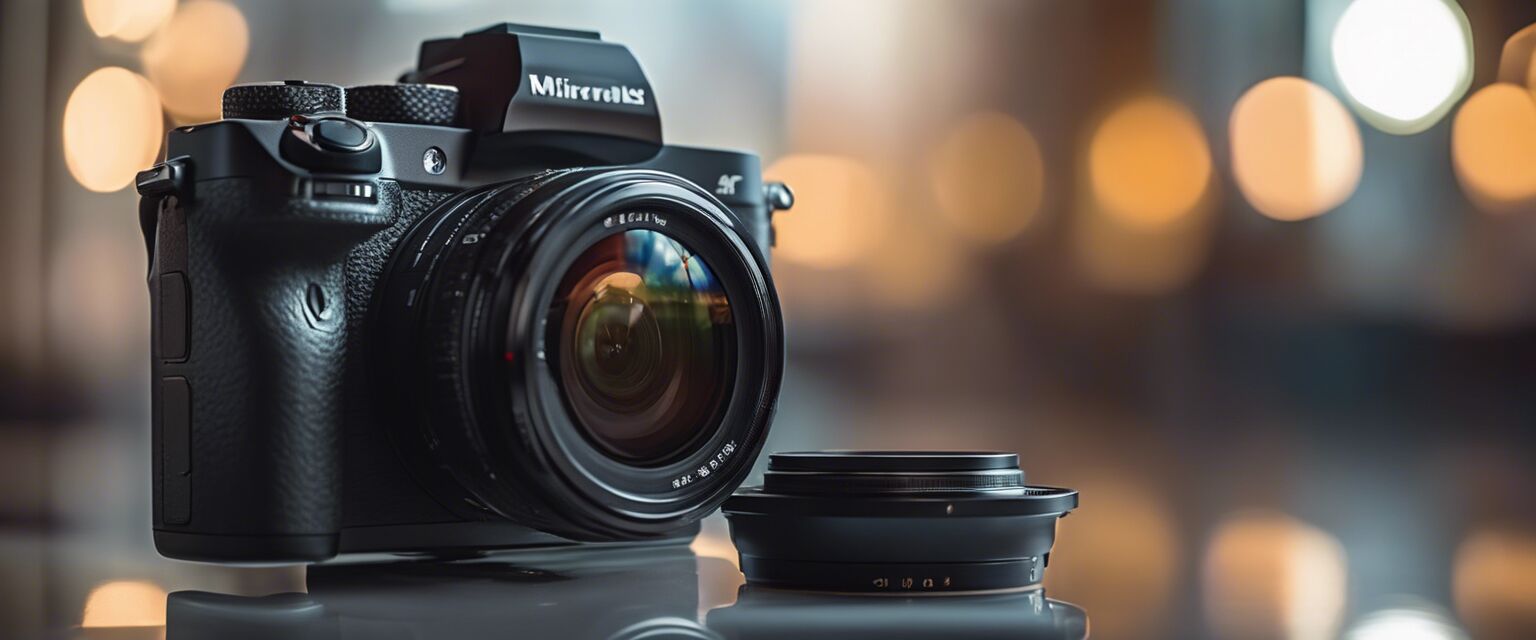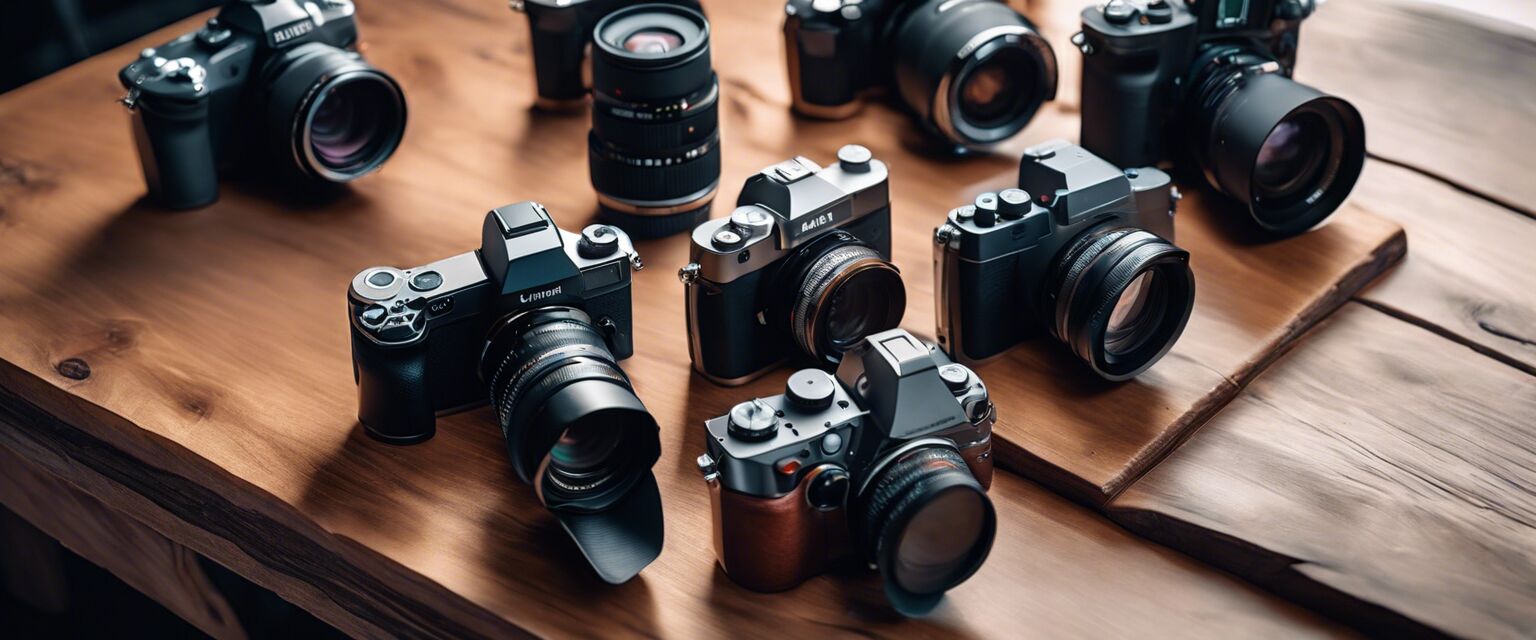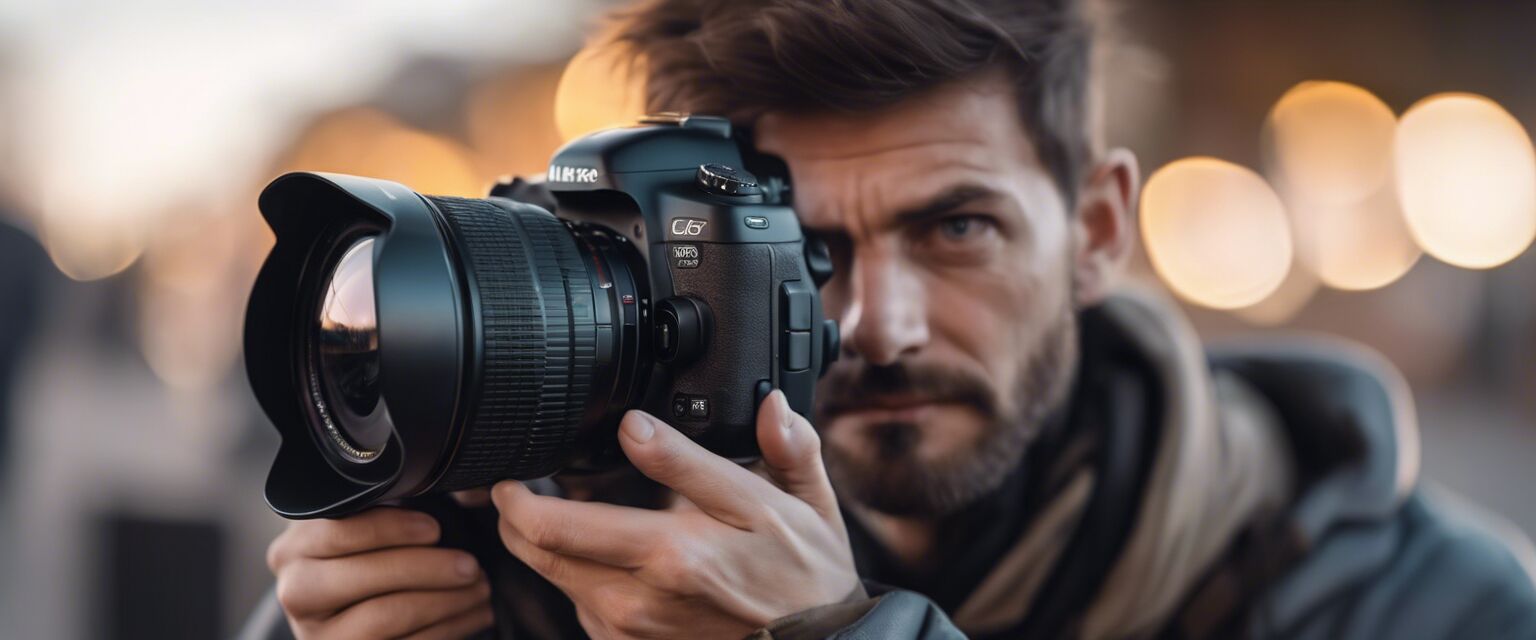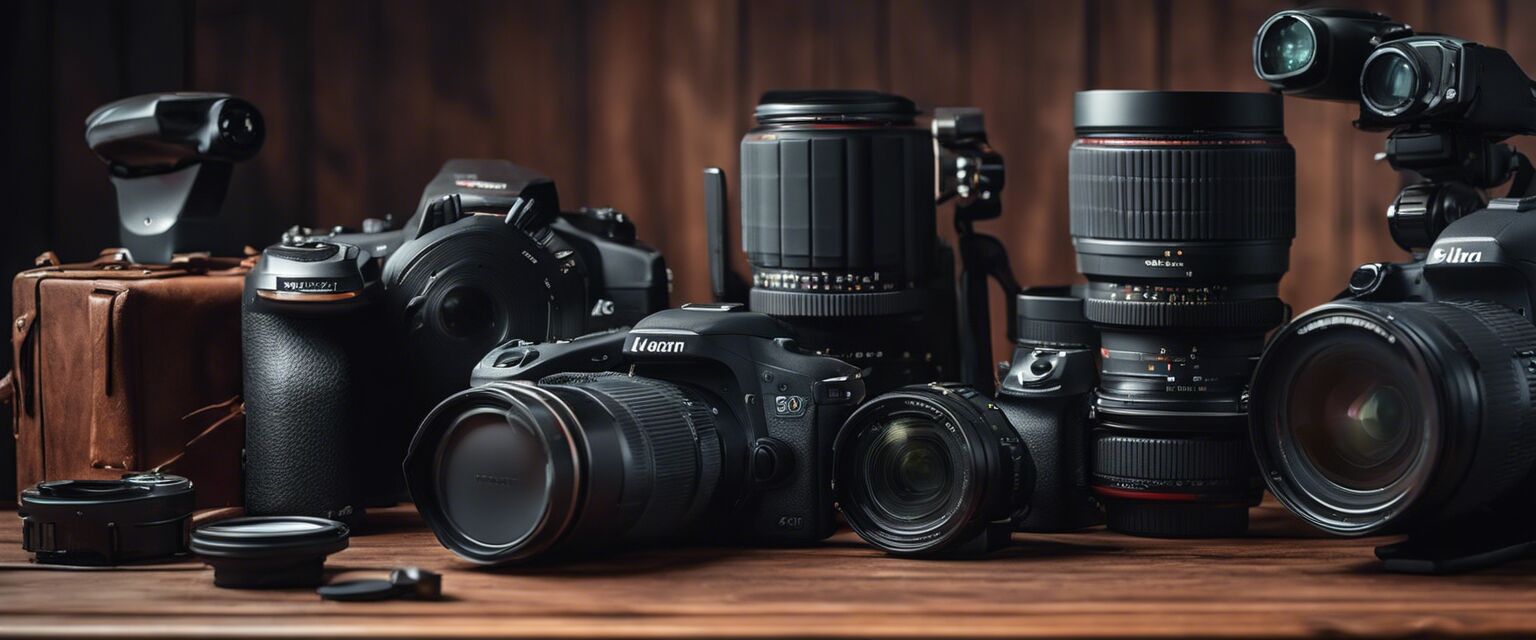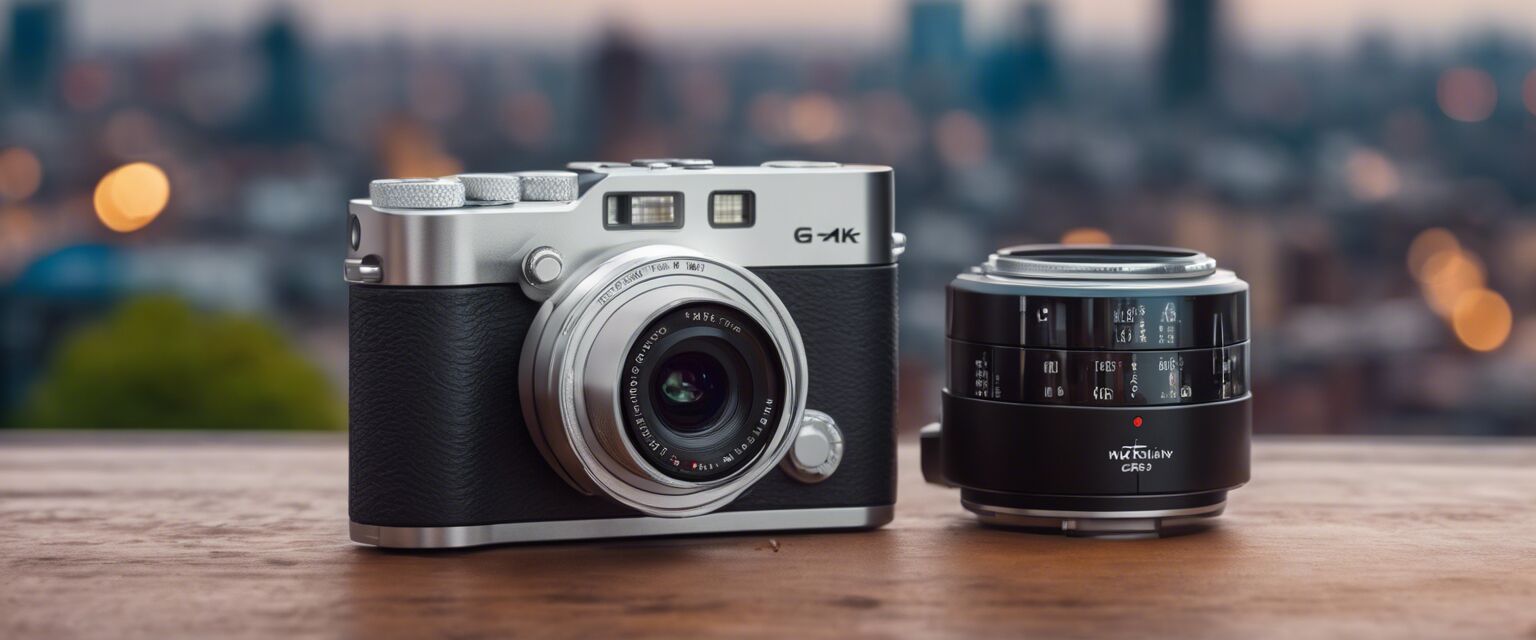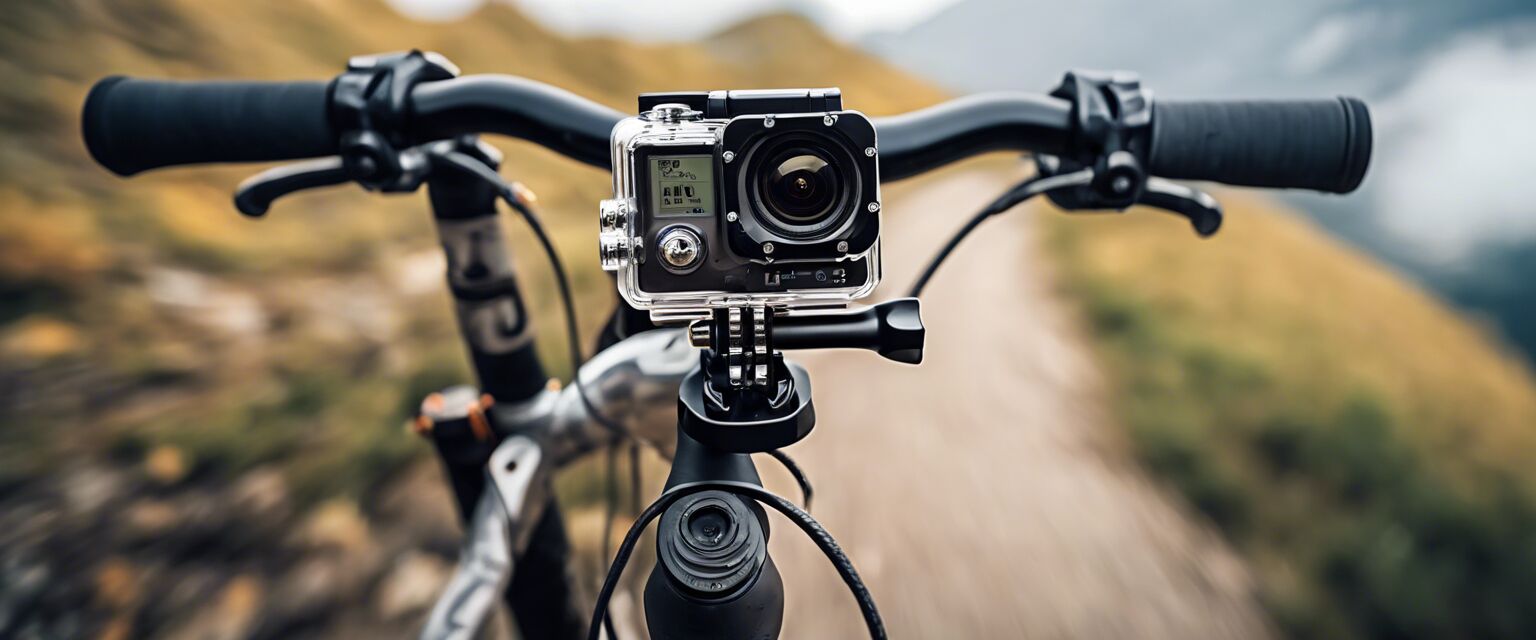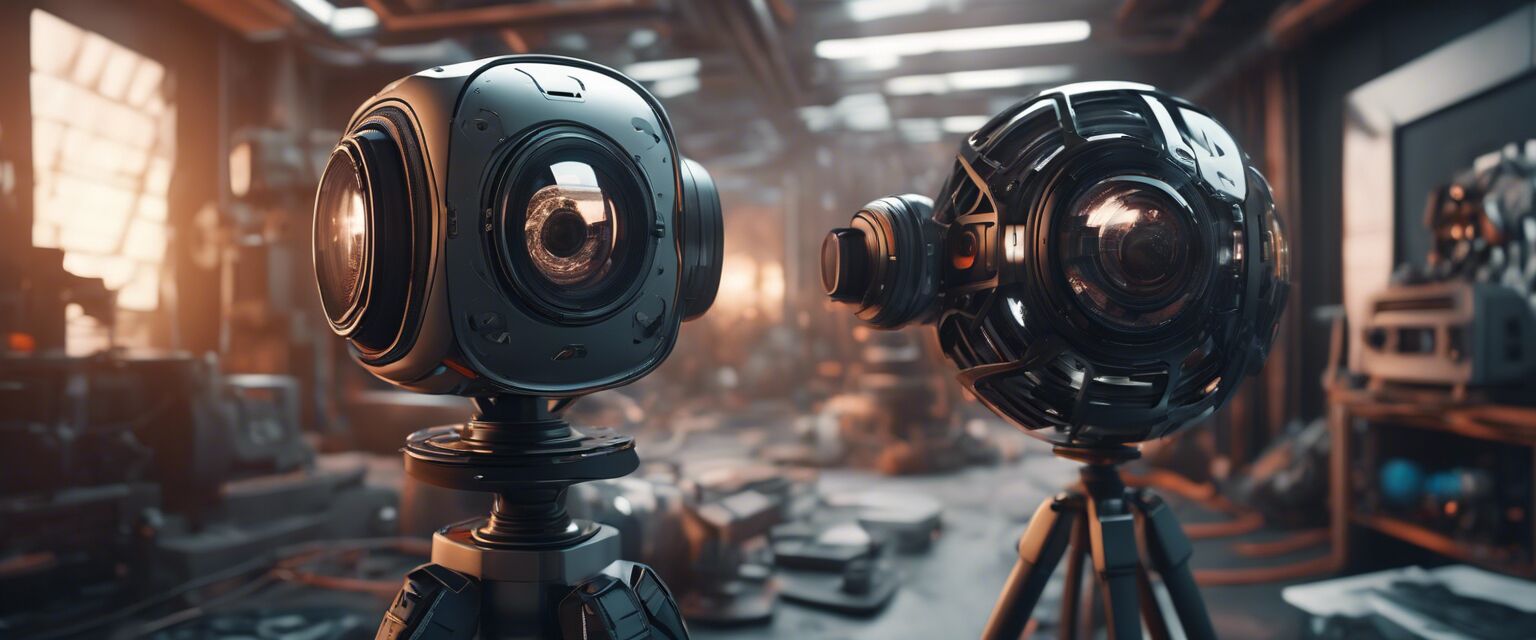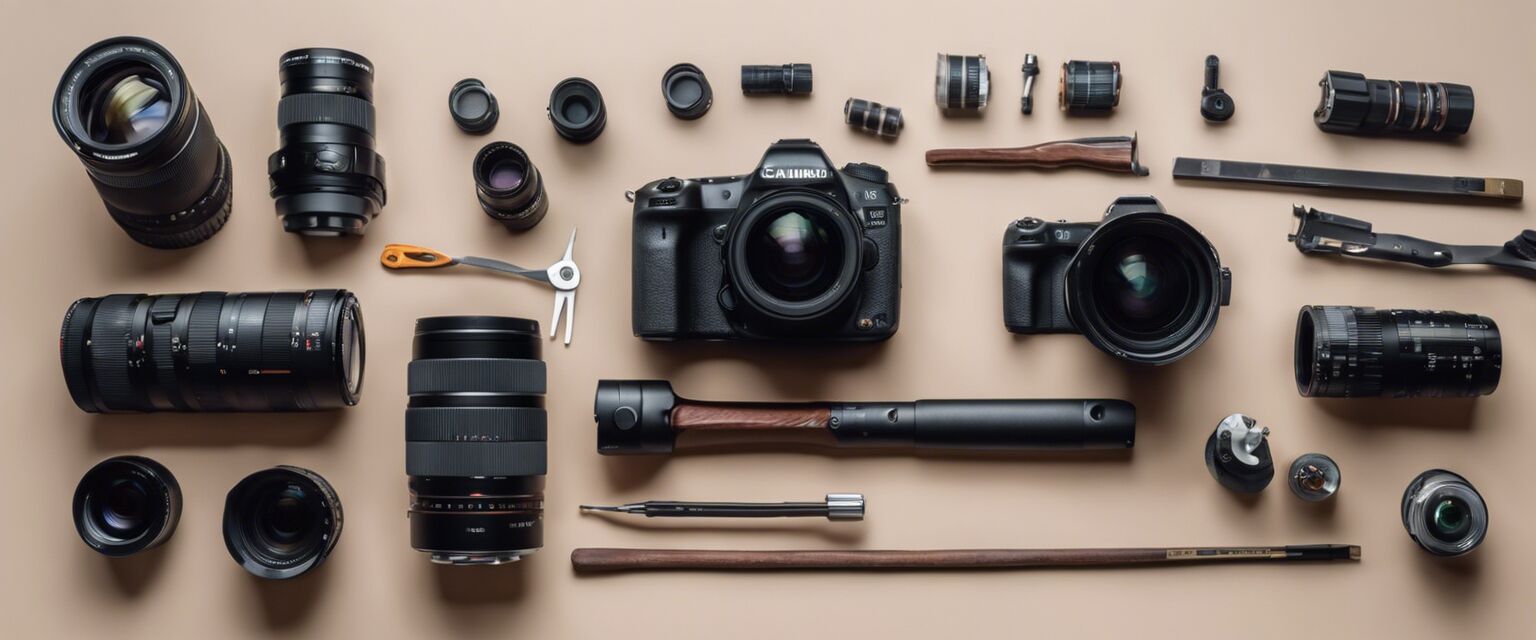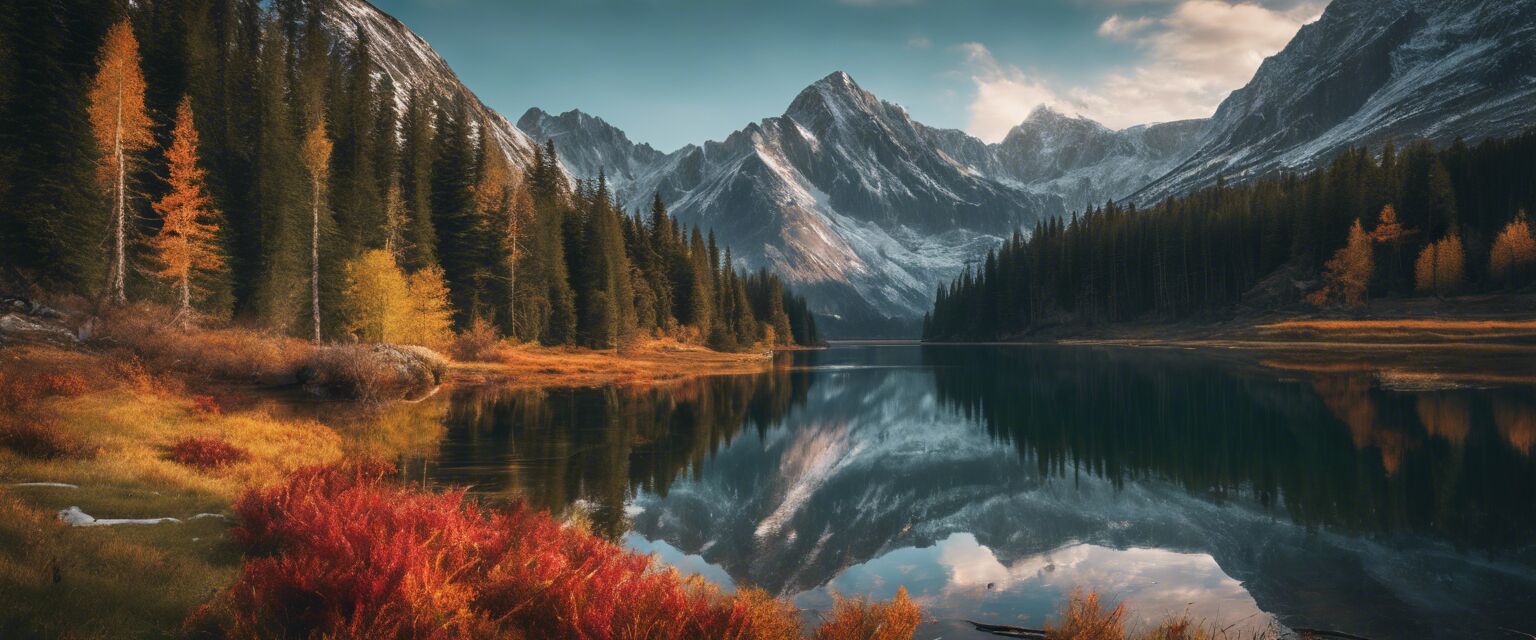
Cameras for Beginners
Key Takeaways
- Understanding camera types: DSLR, Mirrorless, and Point-and-Shoot.
- Choosing a camera based on your photography goals.
- Essential camera accessories for beginners.
- Basic photography techniques to enhance your skills.
- Budget considerations when buying a camera.
Entering the world of photography can be both exciting and overwhelming. For beginners, understanding the different types of cameras available and the essential accessories can make a big difference. This guide provides essential information and recommendations for newcomers to the field of photography. Whether you're looking for a camera that captures stunning landscapes or vibrant portraits, there's a perfect fit for you.
Types of Cameras for Beginners
Each type of camera serves a different purpose, so let’s explore the main categories.
| Camera Type | Description | Best For |
|---|---|---|
| DSLR Cameras | Offers interchangeable lenses and manual settings for detailed photography. | Beginners who want to learn photography in-depth. |
| Mirrorless Cameras | Compact, lightweight with interchangeable lenses; uses electronic viewfinders. | Travel photography due to portability. |
| Point-and-Shoot Cameras | Simple interface with automatic settings, perfect for snapshots. | Casual users looking for ease of use. |
| Action Cameras | Small, rugged cameras designed for extreme conditions. | Outdoor adventures and sports photography. |
| Smartphone Cameras | Built-in cameras with advanced features but limited manual controls. | Everyday photography and convenience. |
Choosing Your First Camera
When choosing your first camera, consider the following:
- Your budget: What can you afford?
- Types of photography: Landscape, portrait, or sports?
- Future aspirations: Do you want to evolve your skills?
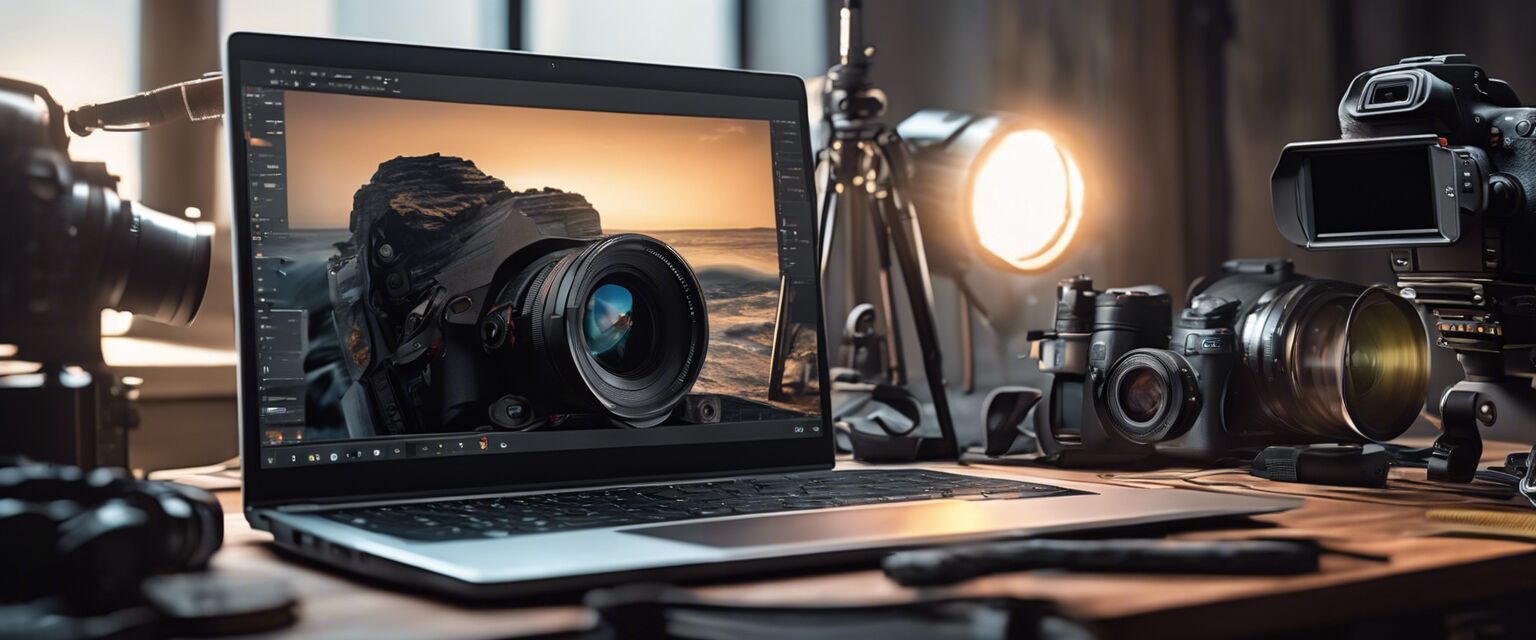
Essential Accessories for Beginners
Accessories can enhance your photography experience. Here are some essential items:
| Accessory | Purpose |
|---|---|
| Tripod | Helps in stabilizing the camera for long exposures and panoramas. |
| Camera Bag | Keeps your equipment safe and organized. |
| Memory Card | Stores your photos and videos; essential for every shoot. |
| Lens Filters | Enhances images by reducing glare or adding effects. |
| Cleaning Kit | Maintains camera cleanliness for optimal performance. |
Basic Photography Techniques
To get the most out of your beginner camera, mastering some basic photography techniques is essential:
- Learn about exposure settings: aperture, shutter speed, and ISO.
- Experiment with composition: rule of thirds, leading lines, and framing.
- Understand natural lighting and how it plays a role in your photos.
- Practice different angles and perspectives to enrich your photos.

Budget Considerations
When deciding on a camera, it’s important to keep your budget in mind. Here’s how to effectively budget for your photography needs:
- Set a clear budget and stick to it.
- Consider used or refurbished options to save money.
- Prioritize essential accessories over luxury items.
Key Points to Remember
To wrap it up, remember these key practices when starting your photography journey:
Tips for Beginners
- Don’t be afraid to make mistakes; they are part of learning.
- Join photography communities for support and feedback.
- Keep shooting regularly to improve your skills.
- Take advantage of online resources for tutorials and guides.
Pros
- Digital cameras are user-friendly and versatile.
- Allows for creative expression through photography.
- Portable options available for travel and adventure.
- Access to a variety of lenses and accessories.
Cons
- Can be expensive, especially with accessories.
- Learning curve associated with manual settings.
- Equipment can be bulky, depending on the type.
- Steeper investment for quality lenses.
For further resources, you can explore more about cameras for beginners, check out essential camera accessories, or understand more about action cameras and 360-degree cameras.
As you take your first steps into photography, remember to enjoy the process and cultivate your passion. The right camera and a bit of knowledge can lead to incredible results!
